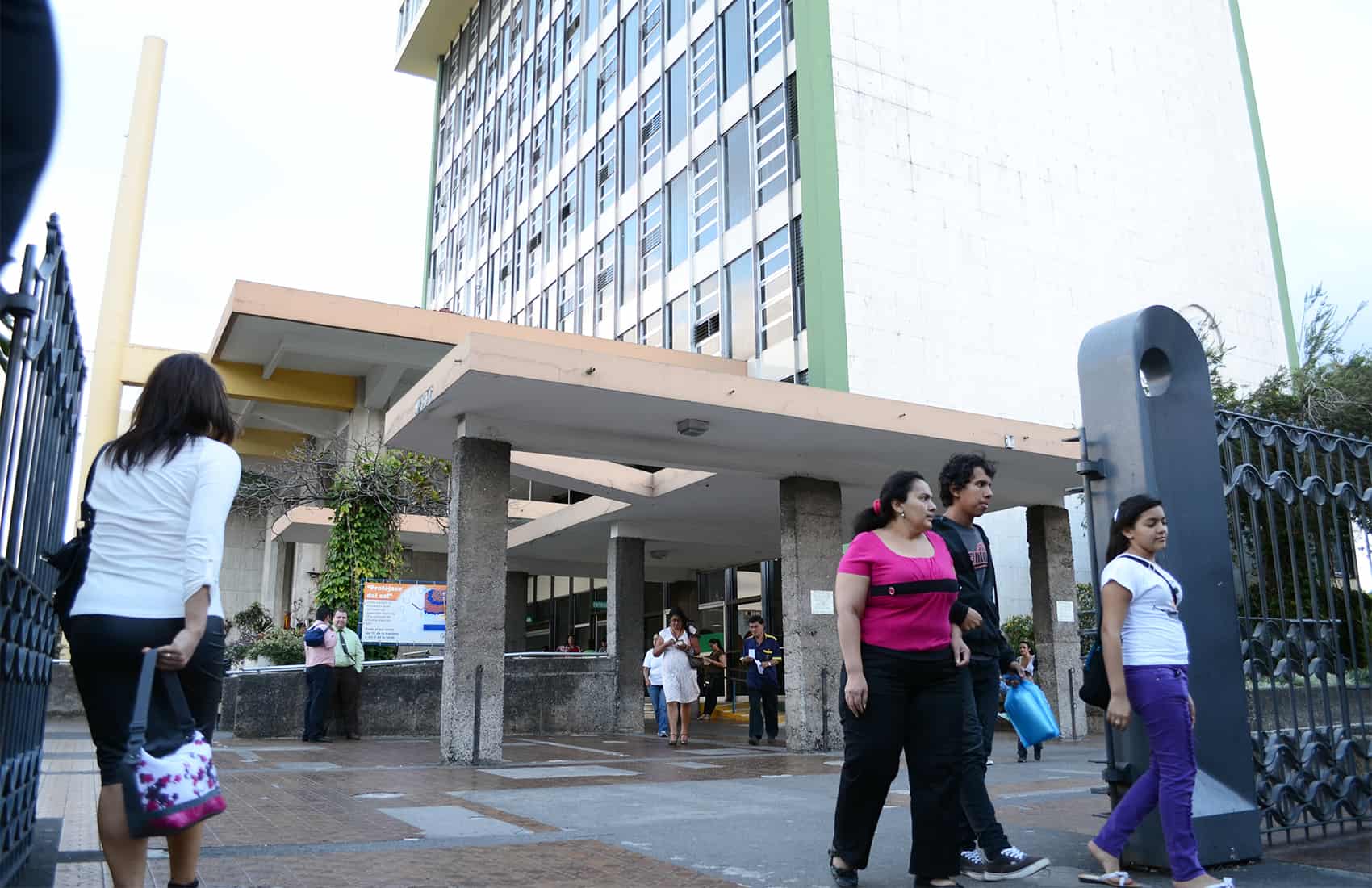Costa Rica’s Social Security System, which manages the country’s socialized health care, is facing significant financial strains.
Mario Devandas, the director and workers’ representative before the Social Security System (CCSS, or Caja), said Costa Rica’s finance minister and the president of the Central Bank suggested “nothing can be done” to solve the institution’s monetary problems.
After acknowledging the Caja’s economic concerns Thursday afternoon, President Carlos Alvarado committed to protecting the system.
“The Caja is a fundamental pillar of Costa Rica,” he wrote on his social media pages. “Be certain that the Government is working to guarantee that it has all the necessary resources and continues to protect our country.
“We live in very adverse times, but we will not give up.”
Alvarado said he directed the creation of a commission comprised of officials from the Caja and the government to study how to solve the economic situation.
Devandas said CCSS carries an accumulated debt of 1.67 trillion colones (about $3 billion), which has been exacerbated by expenses related to the coronavirus crisis.
Among other expenses, the Caja has contracted international flights to deliver medical supplies, and it upgraded the National Rehabilitation Center (CENARE) in order to use it as a hospital for coronavirus patients.
In previous weeks, the Caja’s executive president, Román Macaya, told Semanario Universidad that the institution was making efforts to alleviate its financial strains.
“(This crisis) affects us in our expenses and investments because they have to increase to face the pandemic,” he said. “It also causes a reduction in income because we depend on employer labor contributions. In a crisis situation where unemployment skyrockets, it obviously affects the finances of the Caja.”
Costa Rica’s Social Security System was founded in 1941. The Caja is well-regarded internationally for offering Costa Ricans access to quality health care.
Still, the often-overburdened system is also often in financial difficulty. According to government data from before the pandemic, the average wait time for a non-emergency surgery at one of Costa Rica’s public hospital was nearly a year.
In response, the Caja hoped to double surgical capacity at Hospital México and plans to construct a new hospital in Puntarenas.






